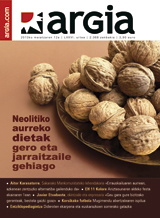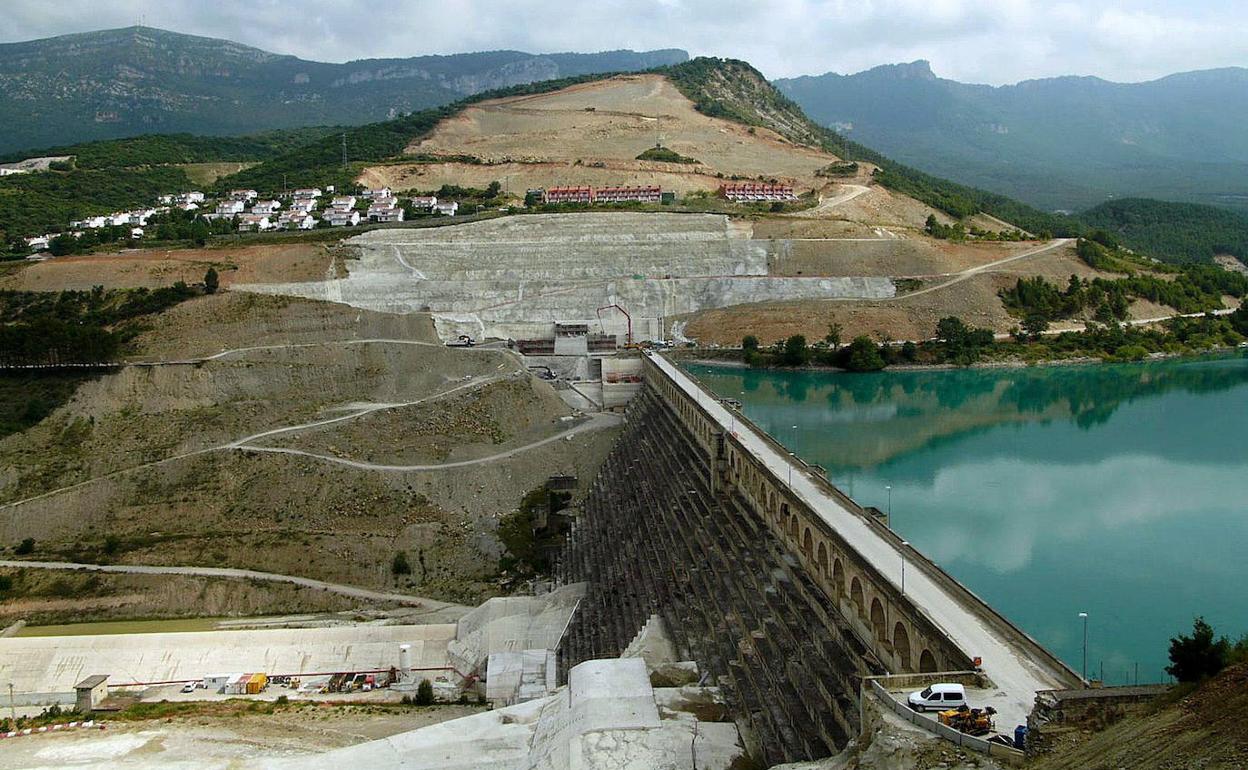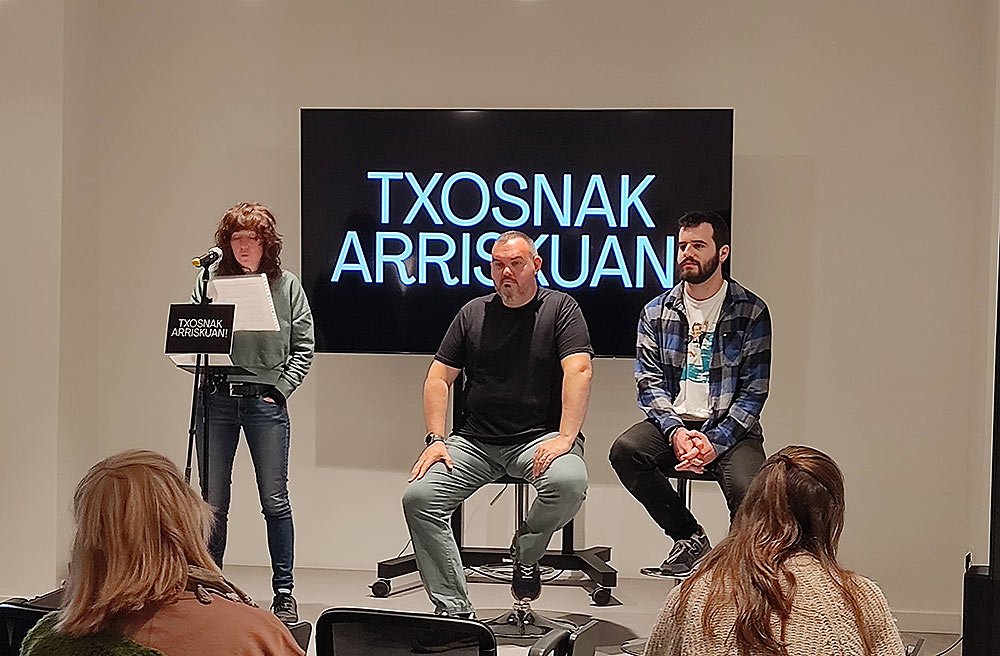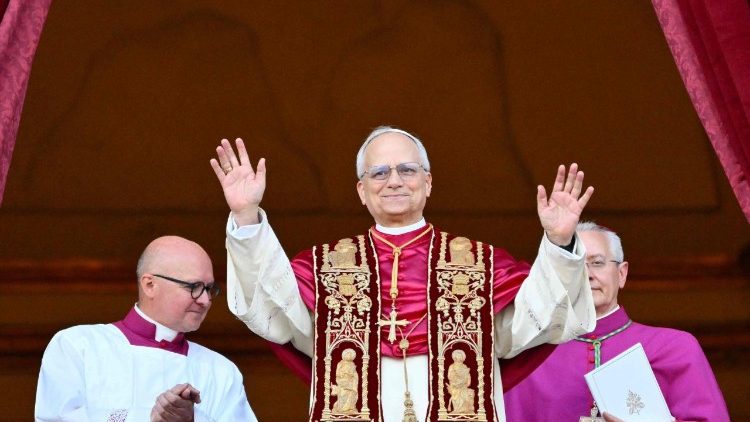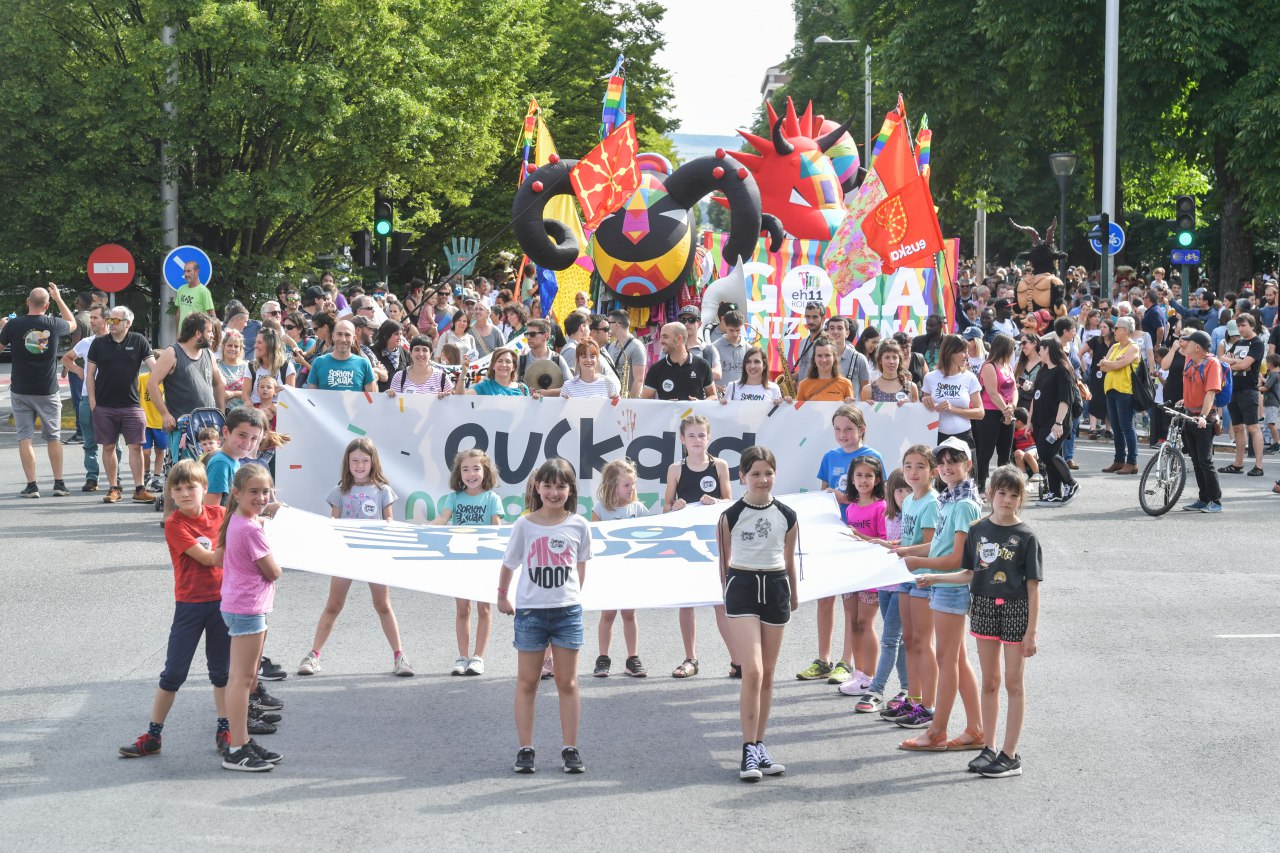Denis Diderot, father of Wikipedia
- On 5 October it is 300 years since the birth of Denis Diderot. Although he highlighted in several areas, the tributes that will be made throughout the year remind us especially that he was the father of the Encyclopédie. But Diderot did more than create that encyclopedia of paper; he dreamed of the resources that would be generated two and a half centuries later, with the Internet, with Google, with Wikipedia.
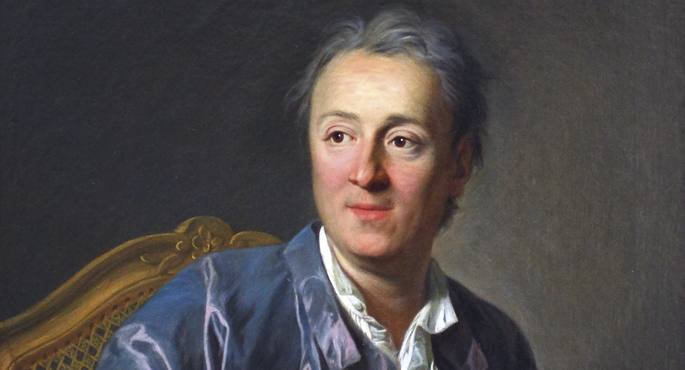
“Man will not be free as long as the guts of the last priest do not choke the last king,” said Denis Diderot (Langres, 1713-Paris, 1784), a novelist, philosopher, editor, playwright and French art critic. One of the main protagonists of the Enlightenment Century passed away five years before the explosion of the French Revolution that would physically threaten kings and priests, but while he lived he tried, through knowledge, to squeeze the neck of the absolutist monarchy and the Catholic church, to free man. Thus, in Diderot's rich curriculum stands out the Enlightenment's top work, Encyclopédie, whose objective was to gather as much knowledge as possible and make it available to society.
In 1747, André Le Breton commissioned Diderot and Jean Le Rond D’Alembert to edit the artwork. Diderot ran the project for 25 years. The collection involved 160 experts from different fields: Voltaire, Montesquieu, Jean-Jacques Rousseau, Adam Smith… and Diderot himself wrote several entries on economics, mechanics, politics, philosophy or religion, among others.
In 1751, the writer prepared a long text of about 80 pages to explain the concept. But this text was not a mere description of a collection of 17 volumes, 18,000 pages and 44,632 items (among other things, because until 1772 Diderot did not know what the result would be). More than it was, he explained what it should be: “A job that gathers everything related to the curiosity, jobs, needs and pleasures of human beings.”
The encyclopedias that followed this project led by Diderot and D’Alembert sought more and more accuracy, gathered more and more entries, but went away from Diderot’s vision. The encyclopedia dreamed of by Diderot had to be “clear, understandable and affordable.” But the encyclopedias that were published were prepared by members of the intellectual elite, holders of “absolute truth”, to understand these texts a cultural level was needed within the reach of few citizens, and they were also expensive products. These were works carried out by a few for a few and, therefore, defended by the enlightened, rather than to promote the intellectual emancipation of citizens, used the heavy volumes to strengthen the wall between elites and citizens. In the 20th century the price of encyclopedias became much cheaper, which led to the democratization of the product, but not so much the content; Britannica, Larousse, Encarta or Espasa became an element of hypocrisy and decoration.
Diderot's conception is much closer to Wikipedia (and, in general, the Internet) than to the series of books with golden and hard letters. However, to date, paper encyclopedias remain a repository of truth and precision and we question the reliability and usefulness of Wikipedia (and many content on the Internet), at least in theory (because we criticize Wikipedia a lot, but we use a lot more).
Wikipedia is much more comprehensive than paper encyclopedias. British, for example, set the limit of 100,000 articles, while Wikipedia has 3,321,000 English entries (15 million entries in 250 languages). This doesn't mean it collects all the human knowledge, but it's 33 times closer to that goal than the prestige paper encyclopedia. In addition, classical encyclopedias focused on academic fields of knowledge and the Internet offers more possibilities to introduce what has to do with “needs and pleasures”.
In his article, Diderot constantly mentions the “unfinished” nature of the work. He notes that the evolution of science or art influences the usefulness of the encyclopedia and advises the “descendants” (those who continue their constant work in the formation of the encyclopedia) to fill the gaps that occur. That is, he was aware from the beginning of the need to constantly update the information. “Although it achieves the highest degree of accuracy possible, it is clear, by its very nature, that the encyclopedia will not achieve perfection.” Therefore, the concept of “encyclopedic precision” commonly used to fight Wikipedia was not coined by Diderot, but by the supposedly incomplete encyclopedias later.
Although we admit that encyclopedias cannot be entirely accurate by definition, we tend to think that Wikipedia has much more failures and less reliability, as anyone can write on them. As Diderot attempted to bring together all human knowledge, he stated that the encyclopedia could not be the work of one person for more than 250 years, but had to be built by people from all academies. Later, he also sought the authors beyond the academies: “We will also need the help of many people of all kinds, people of great value who, because of their social level, have the doors of closed academies.”
In addition, Encyclopédie’s editor-in-chief did not want political power to be involved in the project: “If the Government participates in such a work, the work will not be carried out.” In his opinion, the government would use its influence to defend its interests and was not interested in authority by the legal society that the encyclopedists sought. “The encyclopedia cannot be sent from above.”
If Denis Diderot were born again two and a half centuries later, he would find alive the species he sought (kings and priests) in the extermination. But an imperfect collection of human knowledge, made by citizenship for citizenship, which is changing, updating and continuously expanding, would see that it is feasible thanks to new technologies. And maybe I'll call it the free encyclopedia.
Andrea Velasko dietista eta nutrizionistak elikaduraren bidez menopausiak eragindako aldaketak kudeatzeko zenbait gako eman ditu.
BRN + Auzoko eta Sain mendi + Odei + Monsieur le crepe eta Muxker
Zer: Uzta jaia.
Noiz: maiatzaren 2an.
Non: Bilborock aretoan.
---------------------------------------------------------
Ereindako haziek ura, argia eta denbora behar dute ernaltzeko. Naturak berezko ditu... [+]
Antonio Turiel fisikari eta CSICeko ikerlariak aspaldiko urteetan ez bezala bete zuen Hernaniko Florida auzoko San Jose Langilearen eliza asteazkenean. Zientoka lagun elkartu ziren Urumeako Mendiak Bizirik taldeak antolatuta Trantsizio energetikoaren mugak izeneko bere hitzaldia... [+]







